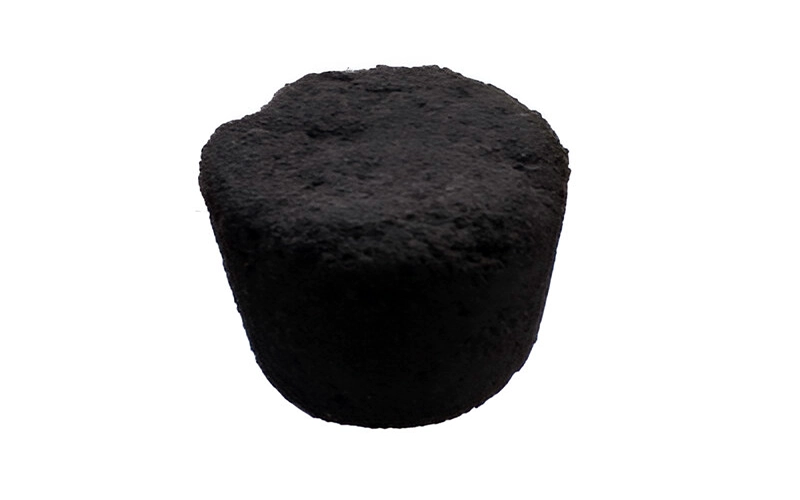Formed coke, also known as briquetted coke or synthetic coke, is a manufactured carbon product created by compressing fine coke particles or coal-based materials into uniform shapes, typically briquettes or blocks. This process often involves the use of binders (such as pitch, tar, or organic materials) and is followed by a thermal treatment to solidify and stabilise the final product. Formed coke serves as a cleaner, more efficient alternative to traditional lump coke in various industrial applications.
One of the primary motivations for developing formed coke is to utilise fine coke or coal particles that would otherwise be wasted. During coke production, a significant amount of fine material is generated, which is not suitable for direct use in blast furnaces or other high-temperature industrial processes. By compacting these fines into usable briquettes, formed coke not only improves resource efficiency but also reduces waste and environmental impact.
Formed coke is used in the iron and steel industry as a reducing agent in blast furnaces and cupolas. Its uniform size, high density, and consistent combustion properties provide better control over the metallurgical process. Compared to traditional coke, formed coke often burns more cleanly, produces less smoke and sulfur emissions, and contributes to improved furnace efficiency. It can also reduce operational costs by utilising lower-grade or recycled carbon materials.
Beyond metallurgy, formed coke finds applications in non-ferrous metal smelting, cement production, and as a domestic or industrial fuel source. In energy production, it can serve as a substitute for coal or traditional coke in power plants and boilers. Its ability to be engineered to specific combustion and structural properties allows customisation for a wide range of uses.
The environmental benefits of formed coke are also noteworthy. Because it often incorporates low-sulfur materials and can be designed for cleaner combustion, it helps industries meet stricter emissions regulations. Additionally, its production from recycled carbon resources supports sustainable manufacturing practices.

Formed coke production technology continues to evolve, with advancements focusing on enhancing binder systems, improving mechanical strength, and increasing energy efficiency in the manufacturing process. As demand grows for cleaner and more sustainable carbon sources, formed coke represents a promising alternative that bridges industrial performance with environmental responsibility.
In conclusion, formed coke is a valuable innovation in carbon material utilization, offering economic and ecological benefits while maintaining high performance in industrial fuel and metallurgical applications.
Process for producing formed coke for metallurgical use from coal powder by continuously heating with a high temperature gas as heating medium for carbonizing agglomerated coal which are made of coal powder and a binder such as coal tar, pitch and petroleum asphalt, comprising providing tuyeres for introducing gas at the middle and the lower parts of an upright type carbonization oven, adjusting temperature of the gas to be supplied to the tuyere at the middle part at 600 adjusting the supply rate of the gas to maintain the temperature of the gas on the agglomerated coal at 300 further adjusting the supplied heat to the lower part of the carbonization oven including the lower tuyere to amount less than 50% of the total supplied heat.

| FC | S | Moisture | VM | Ash |
|---|---|---|---|---|
| 85% Min | 0.6% Max | 8% Max | 2.5% Max | 12.5% Max |

© 2013 Vertix Co. All Rights Reserved. Leading Supplier Of Foundry & Metallurgical Materials